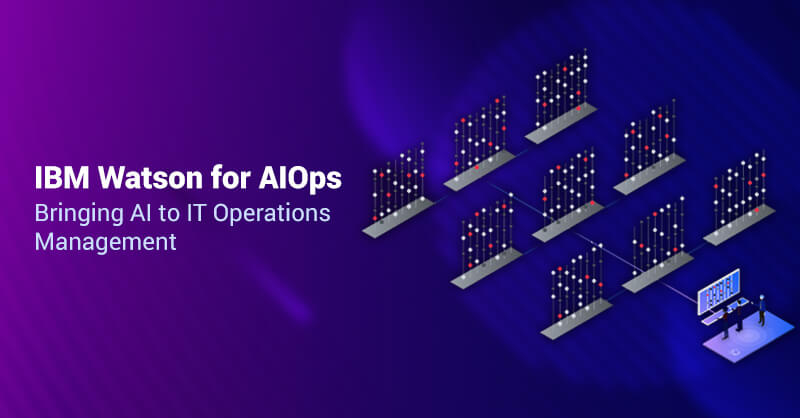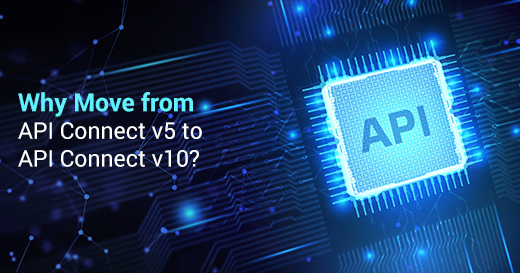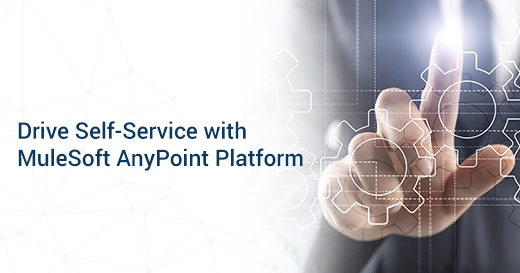IBM App Connect Enterprise v11 – Integration Platform to Build Hybrid Applications
IBM App Connect Enterprise v11 combines the existing industry-trusted IBM Integration Bus technology with new cloud-native technologies and with IBM App Connect Professional, to deliver a platform that supports the full range of integration requirements across an enterprise.
It is exemplary for companies that require API-driven architectures, need to integrate cloud-based applications, or rapidly use AI to enhance and augment the value and investment in their existing data and systems.
Features
- Software as a Service (SaaS), Extended connectivity across Cloud Services, cloud platforms, and on-premises applications
- Lightweight integration runtimes for cloud-native and container-based deployment
- Deployment options that can allow clients to achieve a balance among budget, control and management overhead
- New, simple tooling for all styles of a user that works together to expose and integrate enterprise systems
- Identification of situations that need user engagement, with deep and actionable notifications
IBM App Connect Enterprise Supports Cloud & On-Premise
- The IBM App Connect cloud service is fully managed and hosted on IBM Cloud. It gives a free Lite plan, a Professional plan which charges based on the number of flow runs executed, or an Enterprise (Beta) plan which provides all the things in the Professional plan besides running integrations in containers.
- We can install IBM App Connect Enterprise directly on a physical machine running in our own Data Center, in a VMWare virtual machine, as part of an IBM Cloud Private installation, in a Docker image or installed by us into a public cloud such as IBM Cloud, AWS or Microsoft Azure.
End of IBM Integration Bus Versions
IIB v10 was unleased in March 2015, and it has been continuously augmented with new features provided alongside maintenance as part of quarterly fix packs. The most recent fix pack was v10.0.0.11, released in November 2017. However, we will not see IIBv11.0 in the future as the succeeding significant release for the IBM Integration Bus (IIB) technology is IBM App Connect Enterprise v11. In the initial release, IBM App Connect Enterprise v11 will be more focused on modifications to the IBM Integration Bus (IIB) runtime architecture which make it even better for running inside containers such as:
- A new administrative REST APIv2 for configuring App Connect Enterprise servers
- Integration servers which exist independently and do not need an integration node definition
- “Unzip and go” deployment including support for generating pre-compiled BAR files carrying maps and message model schemas
- Substitute of IIB configurable services with policies. Policies give configuration information as environment-specific overrides, which can be put directly on the runtime filesystem or can be deployed in a BAR file
- A new administrative web user interface for interacting with independent integration servers
IIB Abandoned Features
- The WSRR message flow nodes: RegistryLookup and EndpointLookup
- The SCA message flow nodes: SCAInput, SCAReply, SCARequest, SCAAsyncRequest and SCAAsyncResponse
- The WebSphere Application Server console plugin. WebSphere Message Broker (WMB) v8, IBM Integration Bus (IIB) v9 and v10 provided this plugin for WebSphere Application Server to enable WAS administrators to control IIB integration nodes
- There will be no direct comparable of the IBM Decision Server Rules Edition for Integration Bus, so the DecisionService message flow node and its associated configurable service will not be present in IBM App Connect Enterprise v11
- A new administrative REST API (“REST APIv2”) which replaces the IBM Integration Bus REST APIv1
Platform
In the first release, IBM App Connect Enterprise v11.0 will give support for the following operating systems on x86-64 hardware:
Linux on x86-64
- Ubuntu 16.04
- Red Hat Enterprise Linux AS V7.3 and above
- SUSE Linux Enterprise Server (SLES) 12 SP3 and above
Microsoft Windows x86-64
- Windows Server 2016
- Windows 10 Basic, Professional, and Enterprise Editions
- Windows 8.1 Basic, Professional, and Enterprise Editions
- Windows Server 2012 R2, Standard Edition and Datacenter



